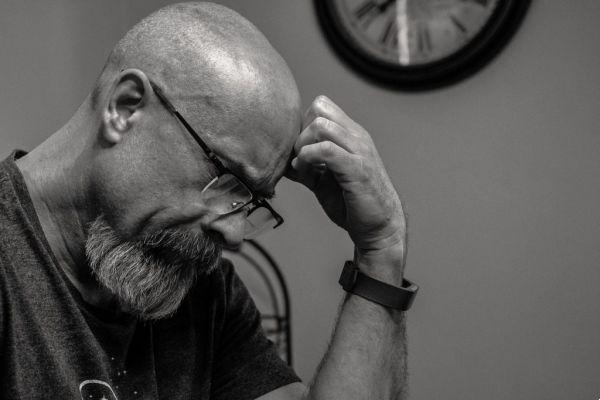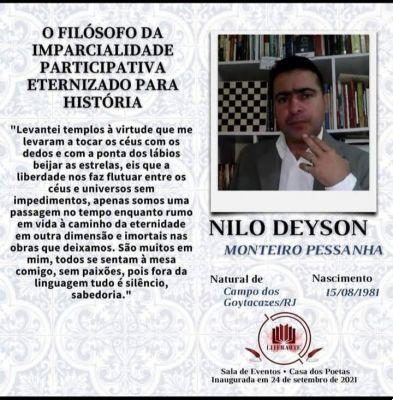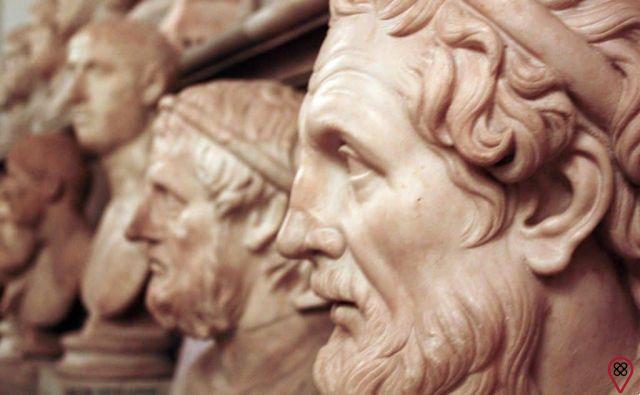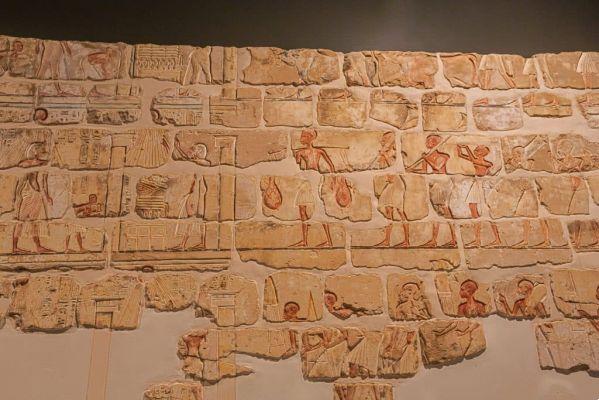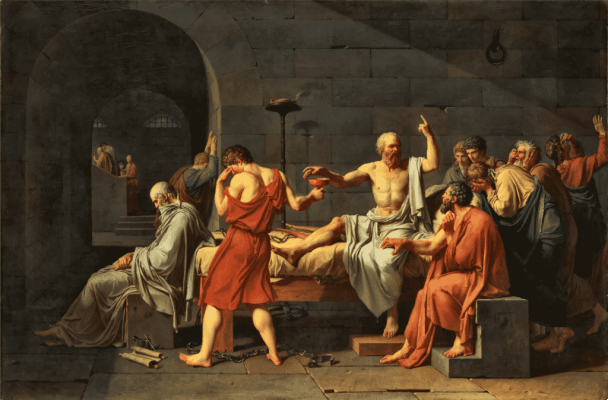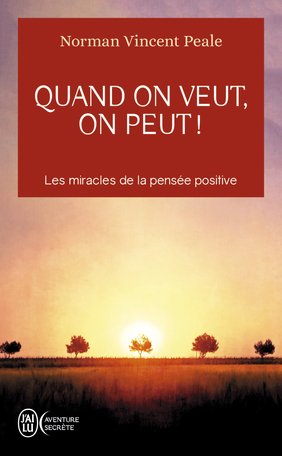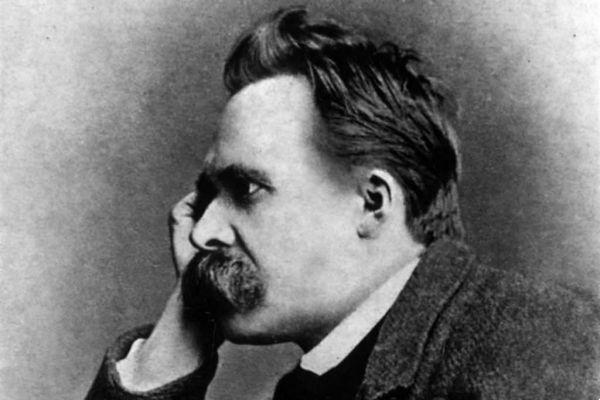What is critical thinking, how to practice it and why is it important for all areas of your life?
Dear reader, I bring here an important content in terms of knowledge, so I hope you enjoy and absorb it.
Critical thinking is the ability to think clearly and rationally, reflectively and independently, understanding the logical connection between ideas. In essence, it requires our ability to reason and learn actively, as opposed to just being a passive recipient of information.
Critical thinkers – we can call them critical thinkers here – rigorously question ideas, assumptions and arguments, seeking to determine whether they represent the whole picture, and are always open to finding out if they are wrong or if there is more to know about a given subject. . They identify, analyze and solve problems systematically and do not rely solely on intuition or instinct.
Characteristics of critical thinking
The critical thinker learns about any subject or information seeking to arrive at the best possible solution according to the circumstances of which he is aware.
Basically, critical thinking includes the skills of:
- Understand the connections between ideas;
- Determining the importance and relevance of arguments and ideas;
- Recognize, construct and evaluate arguments;
- Identify inconsistencies and errors in reasoning;
- Address problems consistently and systematically;
- Reflect on the justification of your own assumptions, beliefs and values;
- Keep curious about different subjects and topics.
More simply, thinking critically means not taking any information for granted without analyzing all the ideas behind it; seek to know more about the matter and seek other facts, opinions and data before reaching any conclusion or solution; and be willing to change your mind, as long as it makes sense.
How to stimulate your critical thinking?
This way of thinking does not mean an accumulation of facts and knowledge or something that you learn all at once and never change, like the multiplication table. Therefore, critical thinking can and should be encouraged:
- Think about any topic objectively and critically;
- Identify different arguments that exist in relation to a particular issue;
- Evaluate a point of view to determine how strong or valid it is;
- Recognize any weaknesses or downsides of each evidence or argument in relation to a particular matter;
- Note what implications are behind a statement or argument;
- Provide structured reasoning to support an argument you wish to make;
- Identify prejudices, biases and outside influences;
- Consider different perspectives;
- Find patterns;
- Talk, actively listen, dialogue and learn from others.
Critical thinking requires observation, analysis, interpretation, reflection, evaluation, research, problem solving, decision making, and a host of skills that are highly transferable. Learning to be a critical thinker will be of immense use to your life in all areas, from personal to academic and professional.
How to put critical thinking into practice?
The Skills You Need website suggests a very simple questioning exercise. First, think of something you've been told recently. Then ask yourself the following questions:
- Who said that?
Was it someone you know? Or someone in a position of authority or power? How does it matter to you who this information came from?
- What was said?
Is the information received a fact or an opinion? Did the person provide all the factors behind the information? Was something missing?
- Where was it said?
Was the information given in public or in private? Did other people get a chance to respond or provide an alternative argument?
- When was it said?
Is the timing of this information important? Why was this said at that moment? Was it before, during or after an important event?
- Why was it said?
Did the person explain the reasoning behind their opinion? Was she trying to convince him that something is good or bad? What was her motivation for saying that?
- How was said?
Was the person happy, sad, angry or indifferent when they gave the information? Was it spoken or written? Did you understand exactly what was said? What was the tone of the message (eg is there sarcasm)? Was the information transmitted directly to you or did it come through other sources?
- Conclusion
Considering each of these questions, you will already think critically and take a much broader view of the situation before accepting information as right or wrong.
It sounds difficult or laborious, but once you get into critical thinking, it becomes an automatic and applicable skill in your everyday life. You learn to quickly read the environment, understand people's tone and interpret texts.
All of this results in predictive and precautionary capabilities, which are critical to decision making. If we take a break whenever we reach a tentative conclusion and consider its impact, whether on our lives, on people or on activities around us, our decisions will be better and have a better chance of success.
*Definitions of fact and opinion
To understand more about how critical thinking works, it is important to understand the definition of “fact” and “opinion.

According to the Michaelis dictionary:
Fact: 1. An event known to occur or a thing whose existence is not in doubt. 2. Everything that happens by human action or as a result of external or natural events, which are independent of human will; happened, happening, occurrence, happened, success. 3. Something whose existence is unquestionable, reality, truth. (…) 6. Something about which there is general agreement, as it has been confirmed repeatedly and by many independent observers of unquestionable competence.
Opinion: 1. Way of thinking, judging, seeing. 2. Point of view or position on a particular subject (social, political, religious, etc.); theory, thesis. 3. Opinion issued on a certain subject on which much has been reflected and deliberated; party, vote. 4. Judgment of value made about someone or something; concept. 5. Consensus shared by a group of people on one or more issues; collective judgment. 6. Unfounded idea or hypothesis; what is assumed without certainty; presumption.
To arrive at a fact – a truth of unquestionable existence – different opinions are considered – particular points of view and ways of thinking, not absolute truths.
Critical thinking for your studies
Well, if you practice critical thinking, you probably already know why it is so important to your academic studies. This ability allows you to form your own opinions on a subject, as opposed to taking everything for granted, and to engage with the material studied beyond a superficial level.
This is essential for writing great academic papers and for engaging in intelligent classroom discussions with your teachers and peers.
You may also like
- Find out if you can go a minute without thinking about anything
- Beware of the dangers of overthinking
- Check out the free thinking guide
- If you could speak just for a moment, what would you say?
- unraveling the persuasion
- Why shouldn't we believe in popular sayings?
This is even more important if you decide to pursue your undergraduate or postgraduate studies in destinations such as the United States, United Kingdom and Australia, where independent study is required of students. You are expected to critically read required texts at home and come to class prepared to actively participate in the classroom conversation. The teacher encourages the sharing of opinions, argumentation and the debate of ideas in a healthy and constructive way.
Critical thinking allows you to create valuable arguments and know how to support them. These are fundamental skills for anyone who decides to pursue a master's and/or doctorate, when conducting research and developing a dissertation or thesis.







